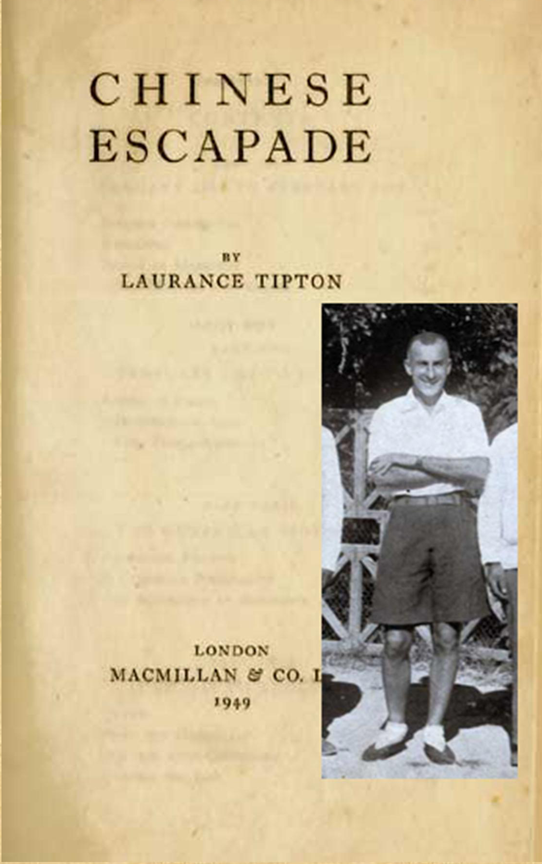
- by Laurance Tipton
[excerpts] ...
[...]
 Within a few weeks the camp began to organise itself, and committees were formed which took the responsibility of seeing that the necessary jobs were done. Soon life had settled down to a well-organised routine.
Within a few weeks the camp began to organise itself, and committees were formed which took the responsibility of seeing that the necessary jobs were done. Soon life had settled down to a well-organised routine.
The Japanese supplied coal and wood for cooking, flour from which we made our own bread, vegetables of the cheaper sort (such as carrots, turnips, sweet potatoes, cabbage and leeks), meat and sometimes fish, usually squids or an assortment of small odds and ends, hardly worth the trouble it gave the fish-squad to clean them, and salt, pepper, soya-bean sauce and oils for cooking. Occasionally we received a ration of sugar and eggs. Everything in the camp was done by the internees themselves, and the greater part of the work was concerned with the feeding of the 1800 people. Coal had to be brought from the coal dump, wood carried and chopped, meat washed and minced or cut into cubes, vegetables washed, peeled and cut up, and supplies carried from the store-house to the kitchens. Relays of stokers were required to keep the huge cauldrons boiling, also dish-washers and cauldron-cleaners, cooks, assistant cooks and their helpers.
For the first few weeks it was exhausting work but one gradually got used to it. I first worked in the Peking kitchen as general help and then graduated to the butchery, where the maggot-ridden carcases and the myriads of flies which laid eggs on the meat faster than one could wipe them off were rather more than I could stomach, and I went back to the kitchen as a helper on Father J―’s cooking team. Remaining in the kitchen for the rest of the time, I gradually worked my way up from helper to chief cook.
Arthur Porter cooked in the winter and worked in the community garden in the summer, and Ram divided his time between the kitchen and the camp canteen, and so, by skilful planning and a little scrounging, we contrived between us to look after our own interests with considerable success.
As the summer approached, people relaxed, realising that they would in all probability he interned for some time to come. Camp work was put on to a regular basis, the majority of the men doing one twelve-hour day on their assigned duty and two days off.
Amongst the Catholic Fathers, the educationalists from the Peking universities and the language students, we had some of the finest intellects in North China, and lectures and talks were given on every imaginable subject. A children’s school was organised; a Dramatic Society had been formed and had produced some very creditable shows; concerts were arranged and pianoforte recitals were given by Curtis Grimes or Shireen Talati, equal to anything of that nature one could hear in the Far East. The various religious denominations worked out their arrangements for church services. A baseball league was started with matches played almost every evening.
[further reading] ...
http://www.weihsien-paintings.org/Tipton/TiptonTotale(WEB).pdf
#








